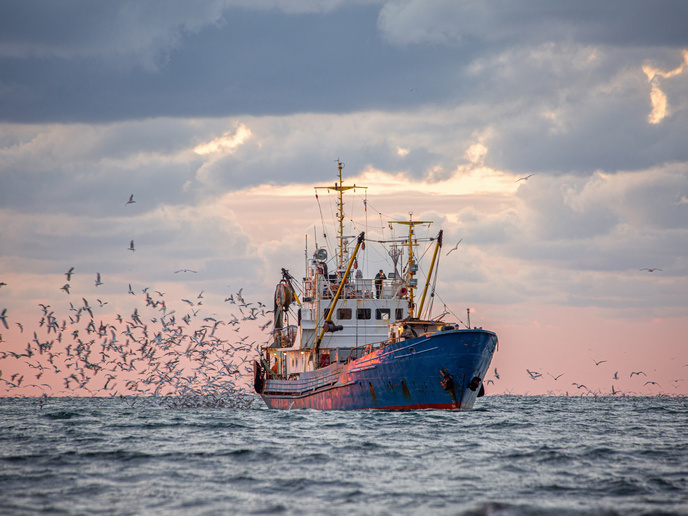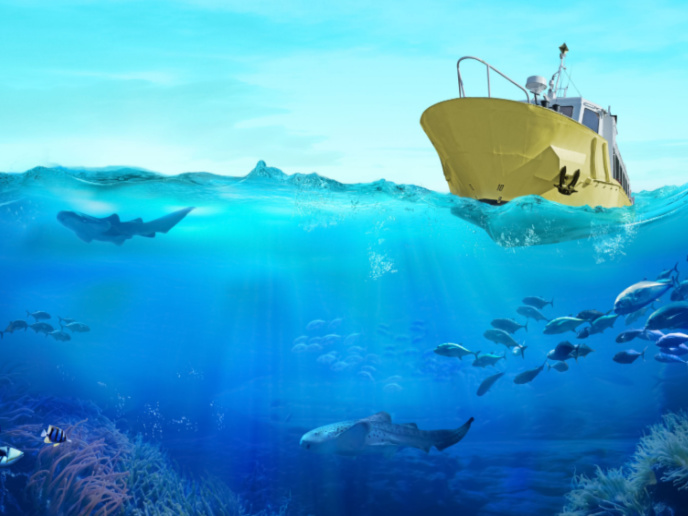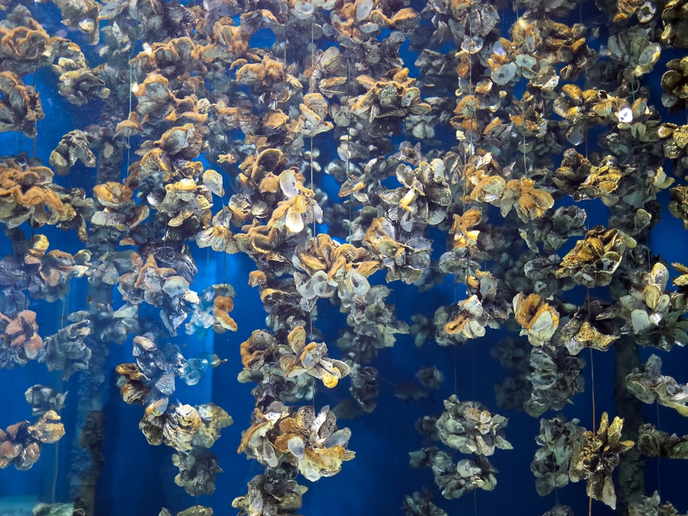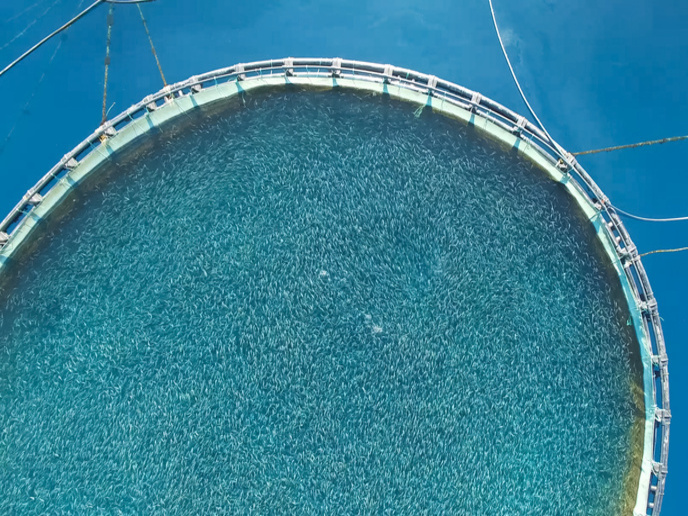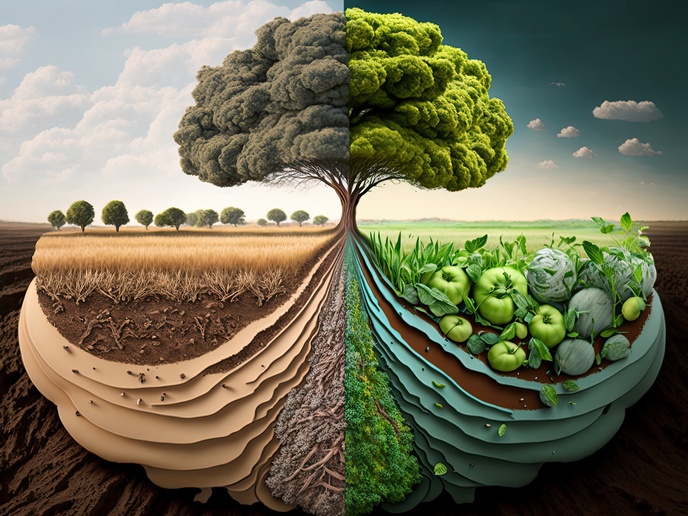Giving fishers technological eyes under the ocean
Illegal, unreported and unregulated (IUU fishing) is a worsening international problem, one which presents a major threat to marine ecosystems. There is also currently very little data on fish stocks to show which fish are in a certain location at a certain time, and how climatic stressors are affecting their distribution. “This lack of knowledge makes it difficult to assess the size of the stocks so that we can have a sustainable fishery where the stocks are able to recover,” explains Rachel Tiller, chief scientist at SINTEF and SMARTFISH project coordinator. In the EU-funded SMARTFISH project, researchers designed and developed a new collection of innovations for use in the fishing sector, underpinned by advanced technologies to provide monitoring, analysis and assistance in all facets of the fishing sector, in order to mitigate IUU fishing and ensure fisheries harvest that is inside sustainability targets. “To develop compliance by design, the suite of the technologies developed in SMARTFISH also included the testing of an automatic catch registration system that uses AI and machine learning,” says Tiller.
An advanced fish monitoring system
The SMARTFISH technologies can be used in different types of fisheries depending on what species are targeted. “SMARTFISH gives fishers eyes underwater, power to decide when to pull in a haul, and freedom to not do paperwork on the count, weight and size of the harvested because it is done automatically,” Tiller adds. Giving fishers the possibility of monitoring the catch inside the trawl during fishing can also act as a decision support tool, helping them move from a more uncertain experience-based fishery, towards a knowledge-based capture of wild fish.
Harnessing state-of-the-art technology
The SMARTFISH tools benefit from advances in emerging technological developments in machine vision, camera technology, data processing, machine learning, artificial intelligence, big data analysis, smartphones/tablets, LED technology, acoustics and ROV technology. One tool, for example, the FlashLidar, uses a 3D range-gated camera to accurately estimate fish length of free-swimming fish, with observed length error in the order of just 1 %. Another, CatchSnap, is a versatile handheld 3D machine vision unit for letting fishers inspect fish quickly without the need for conveyor belts or sorting tables. “It is not a panacea for fisheries management by any means, but it is a suite of innovations that can help us along the path towards more sustainable fisheries,” Tiller notes.
Testing in the ocean
Each of the technologies developed were tested in at least one regional sea and within appropriate commercial fisheries and systems. All technologies developed reached higher TRLs than at the project start, and the interdisciplinary research and industry team made great progress towards automatic catch registration and underwater surveillance and monitoring systems. SMARTFISH can be part of the solution to contributing to the fight against the multiple crises the world faces, Tiller says, including climate change and biodiversity decline. “We need to highlight that technology and innovation in fact can contribute to helping us solve these crises, and at the same time find solutions that can ensure continued sustainable growth of the fishing industry,” says Tiller. The work continues in another EU-funded project, EVERYFISH, which is further developing AI and machine learning catch registration systems.
Keywords
SMARTFISH, technology, monitoring, ocean, fish, stocks, IUU, illegal, unreported, unregulated, climate change, biodiversity, sustainable



